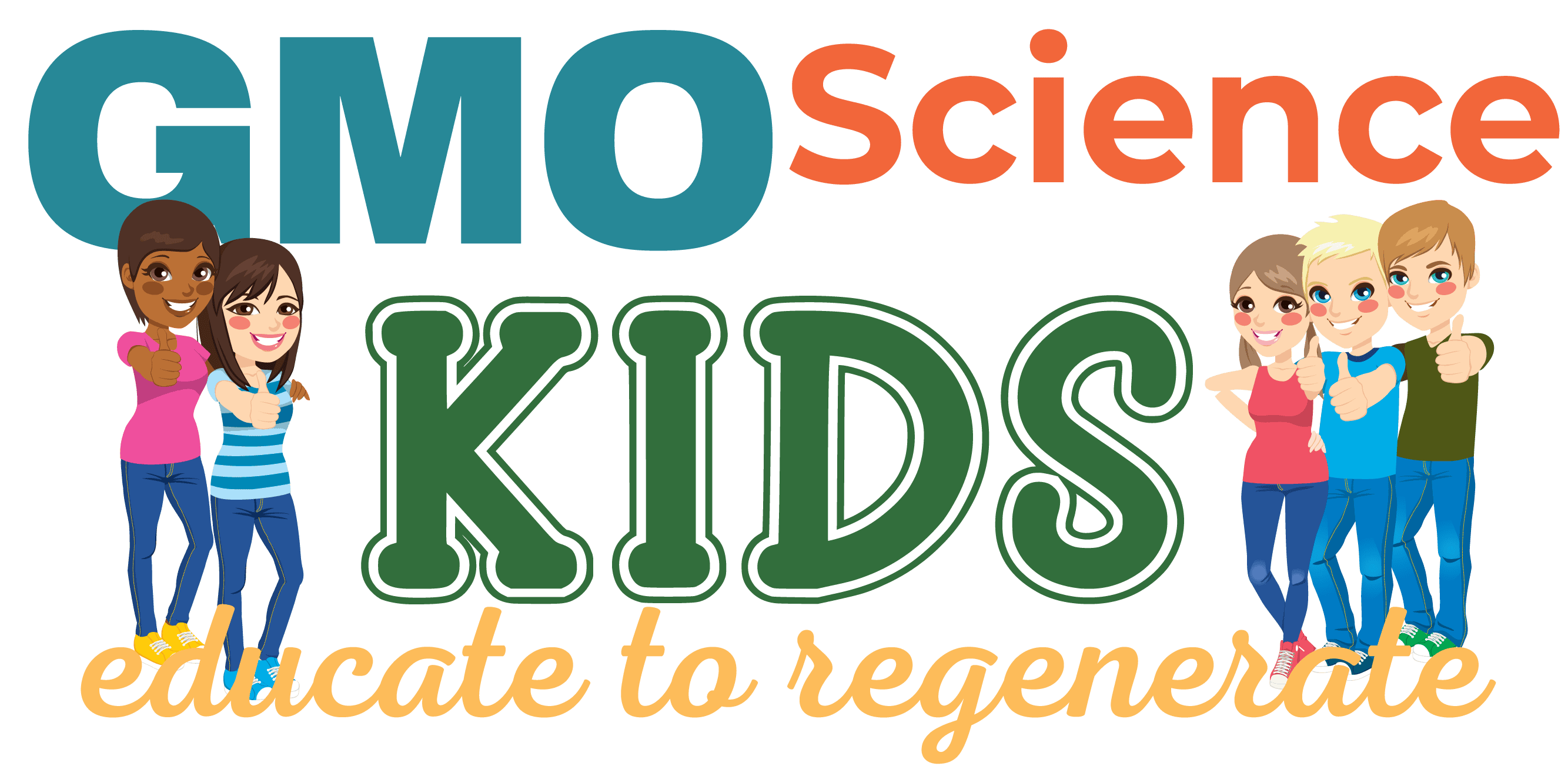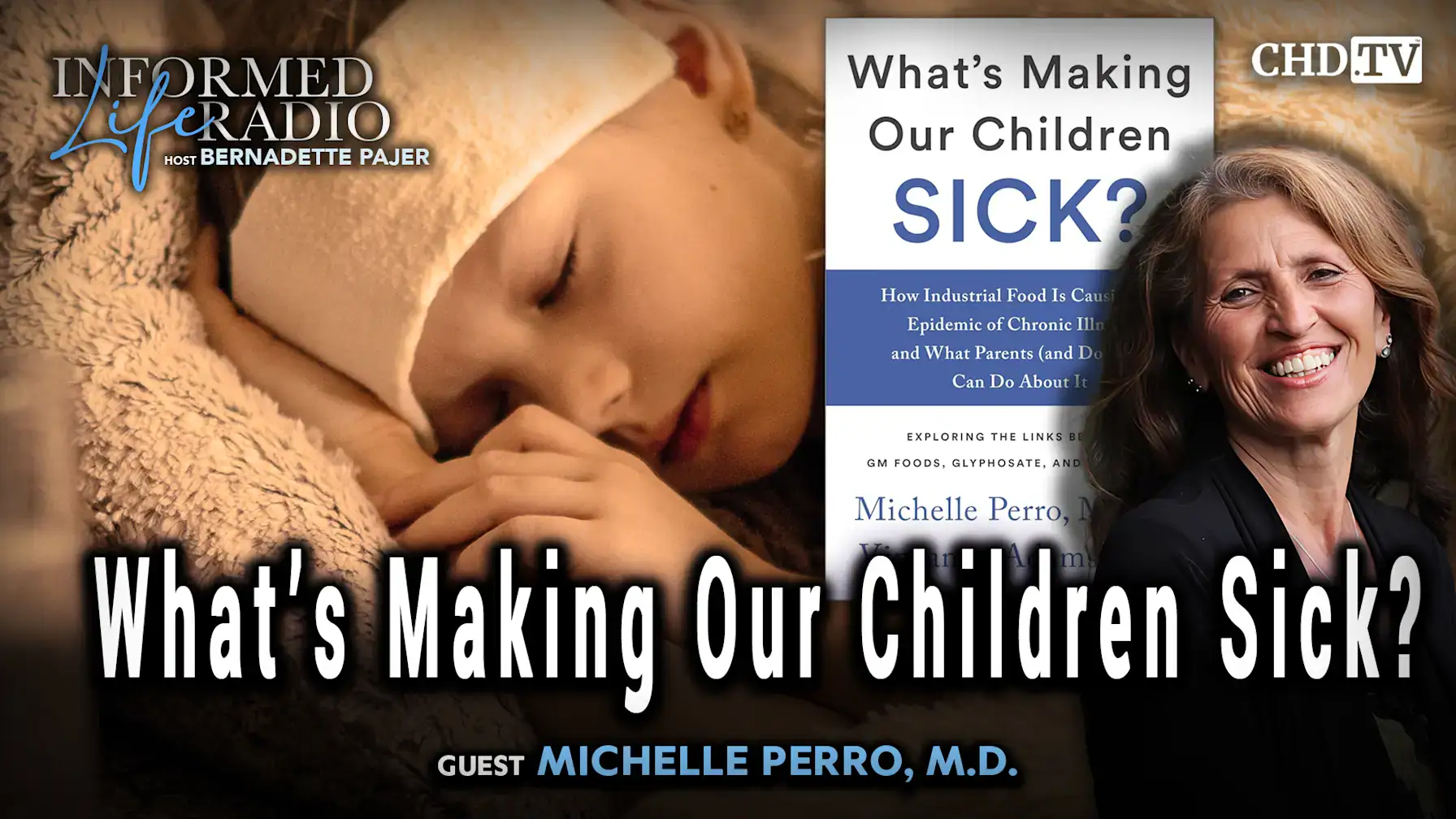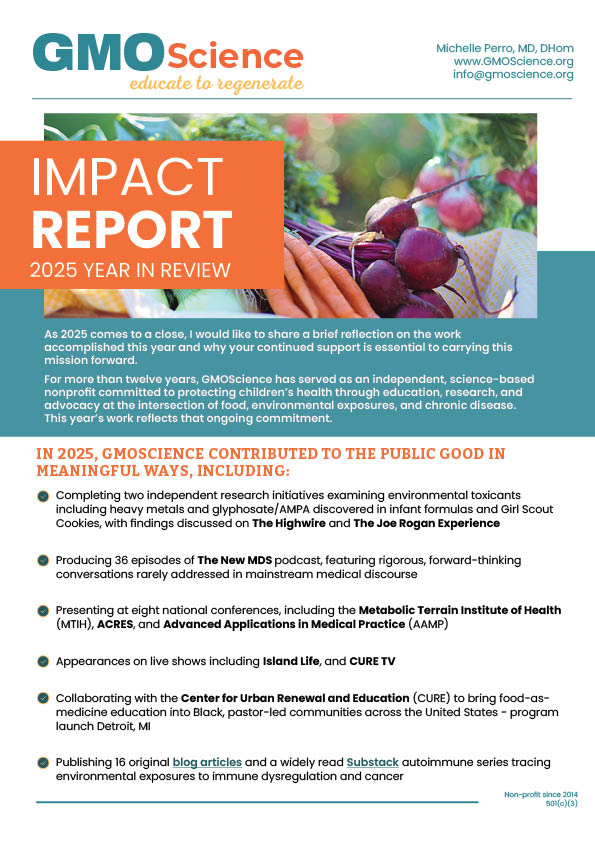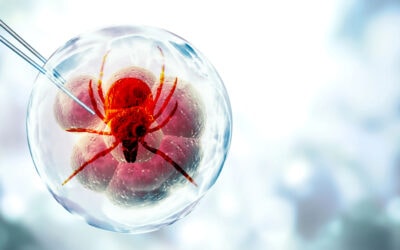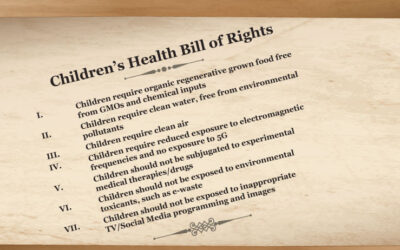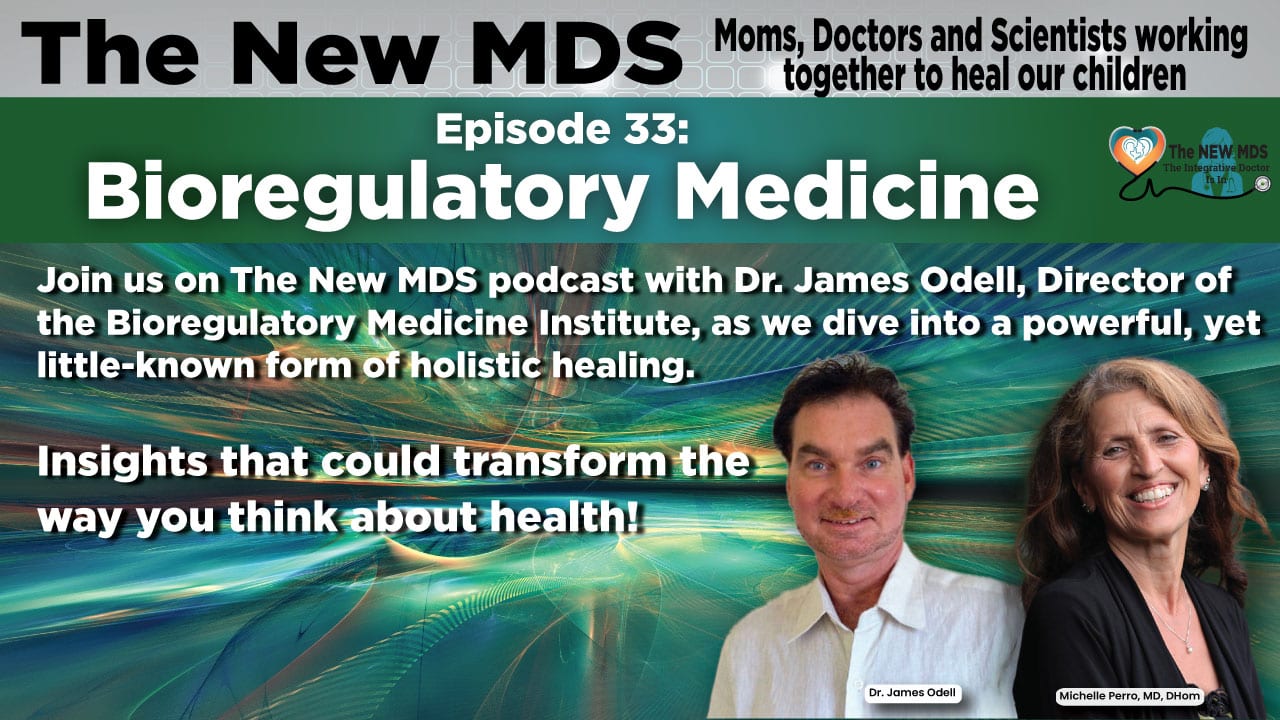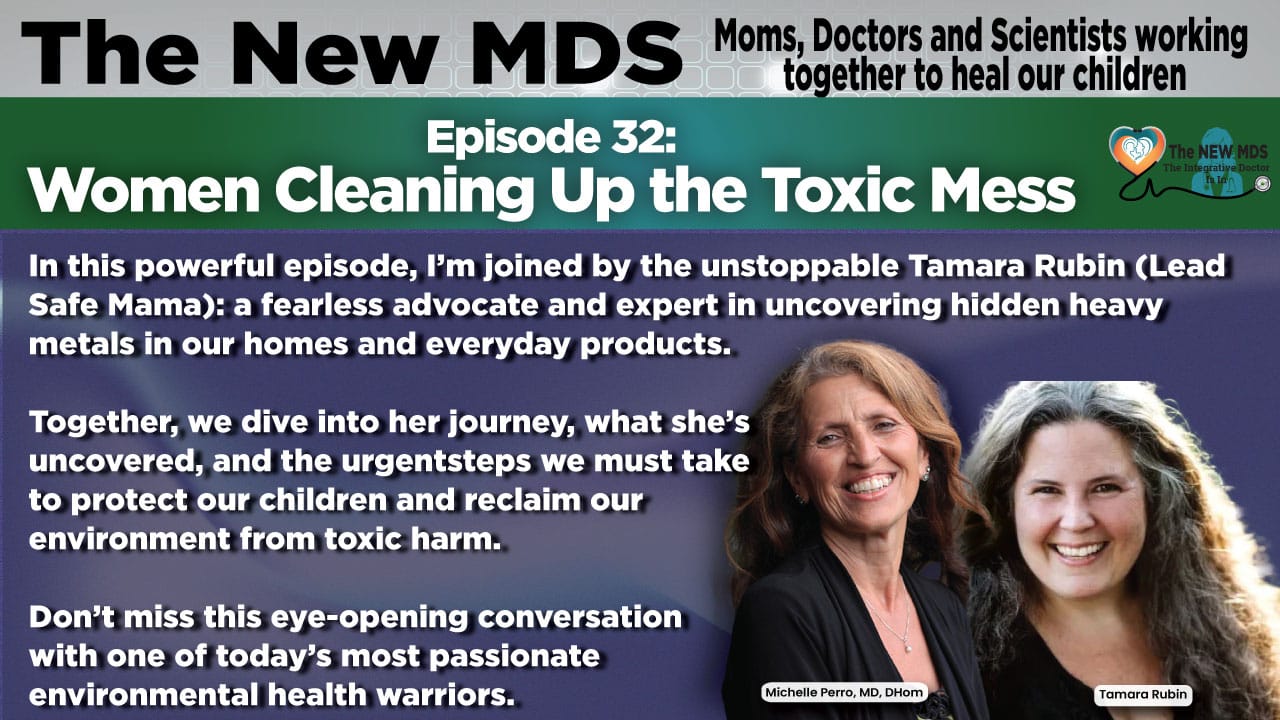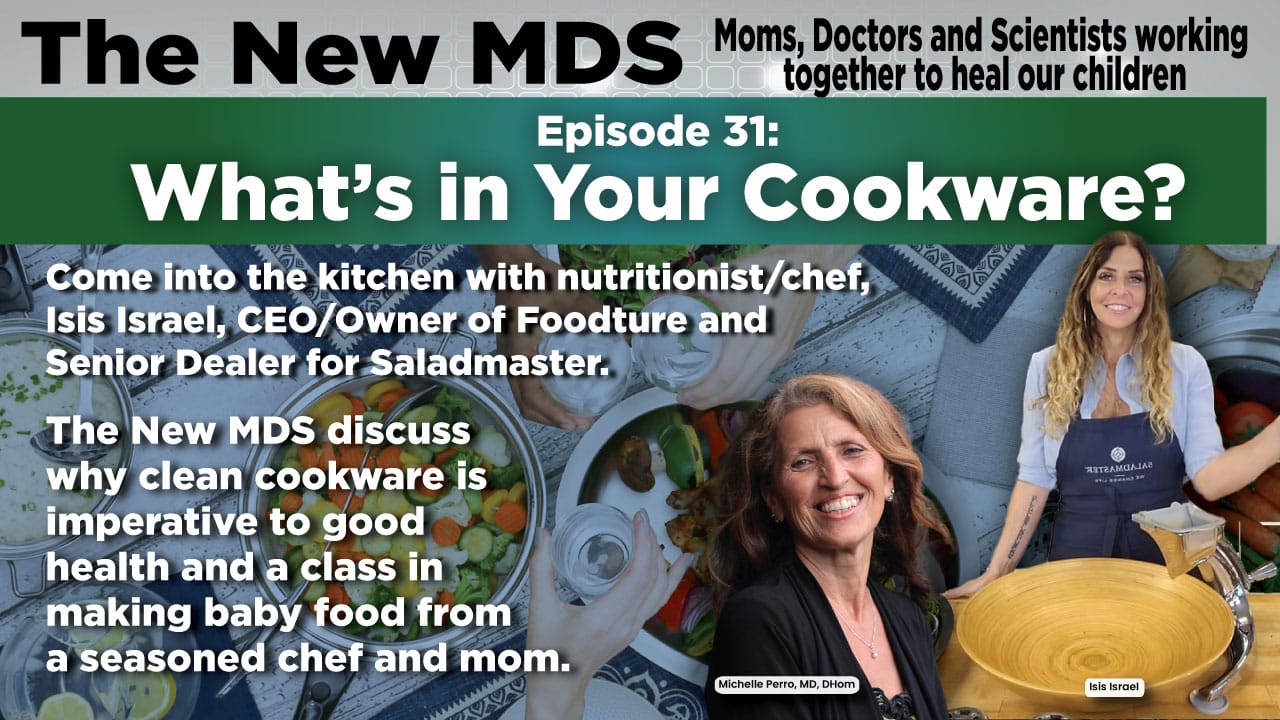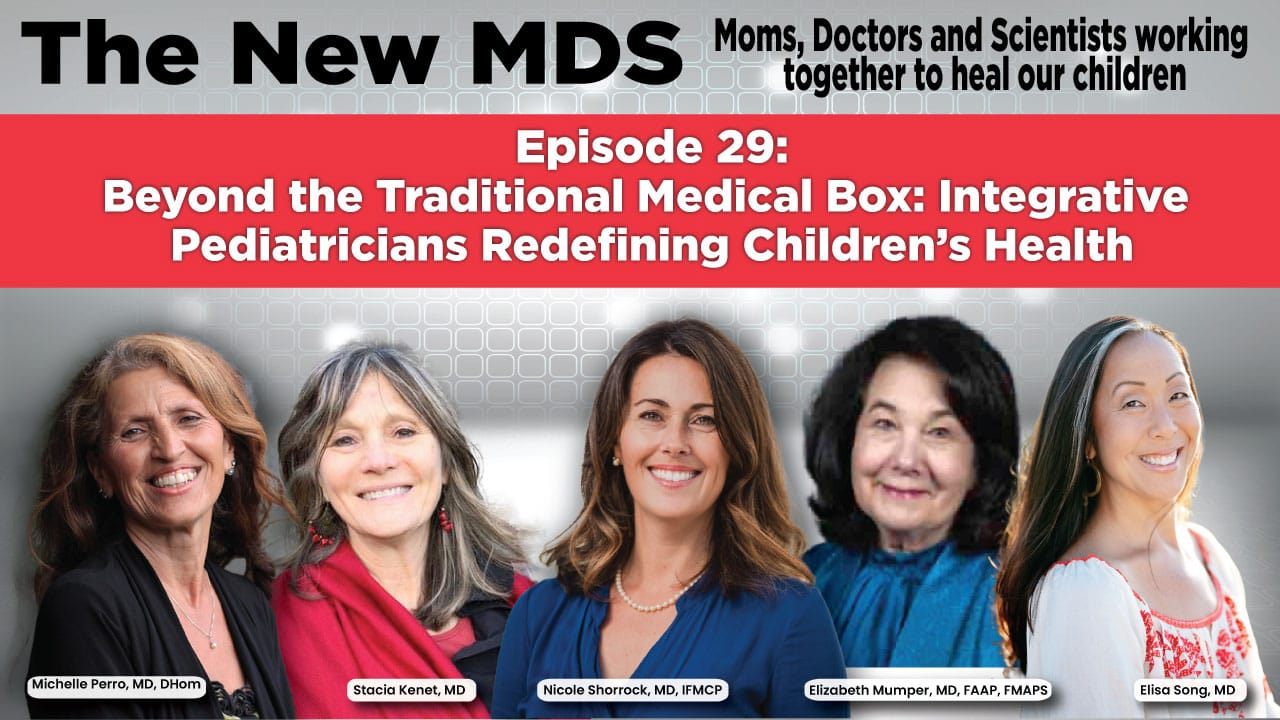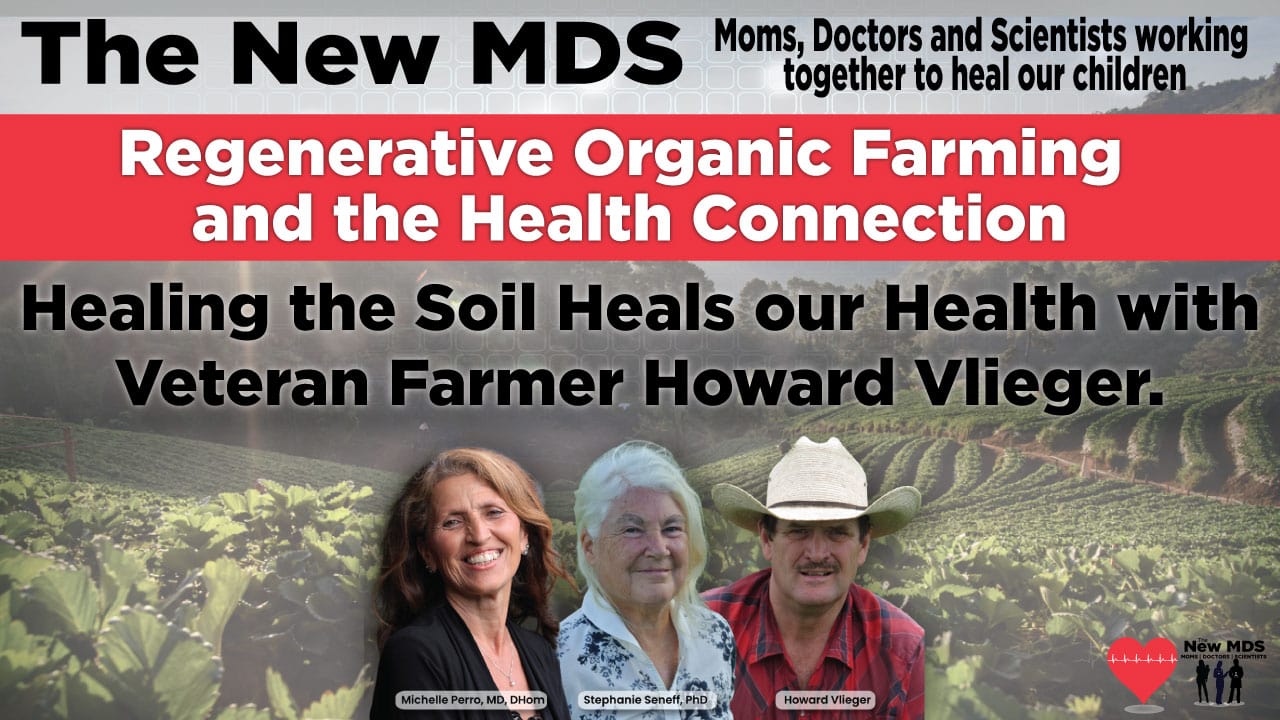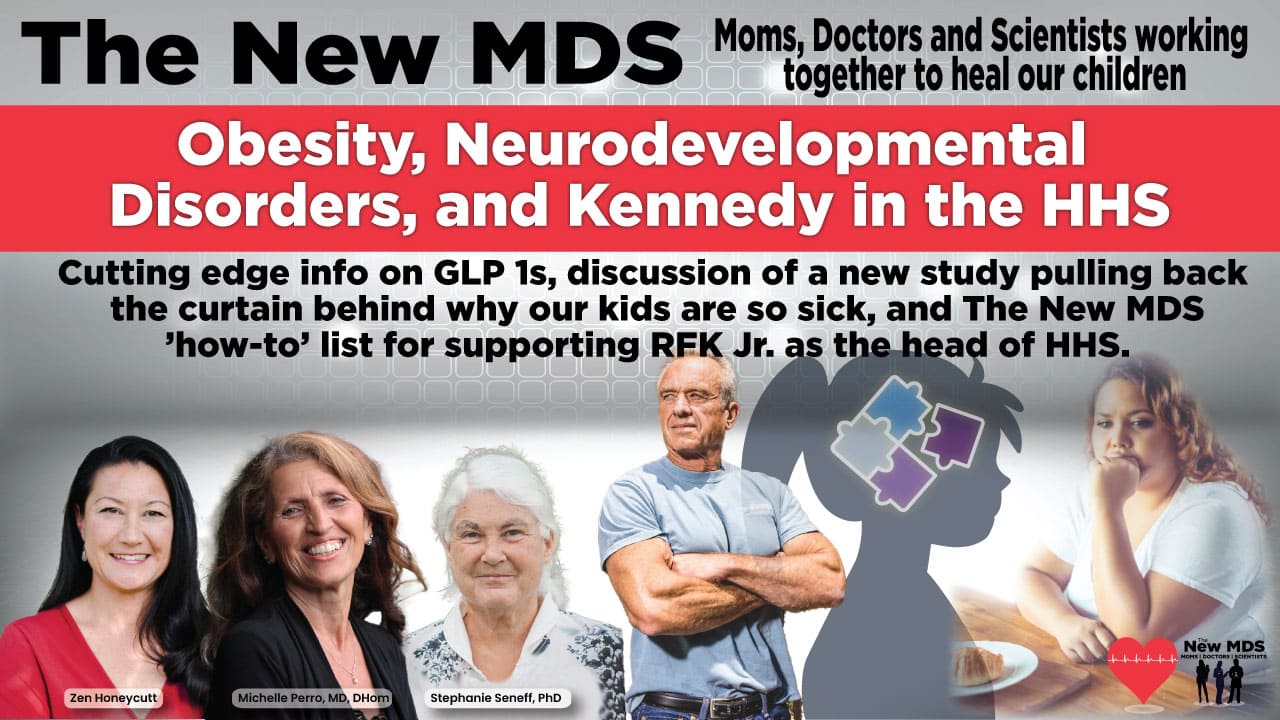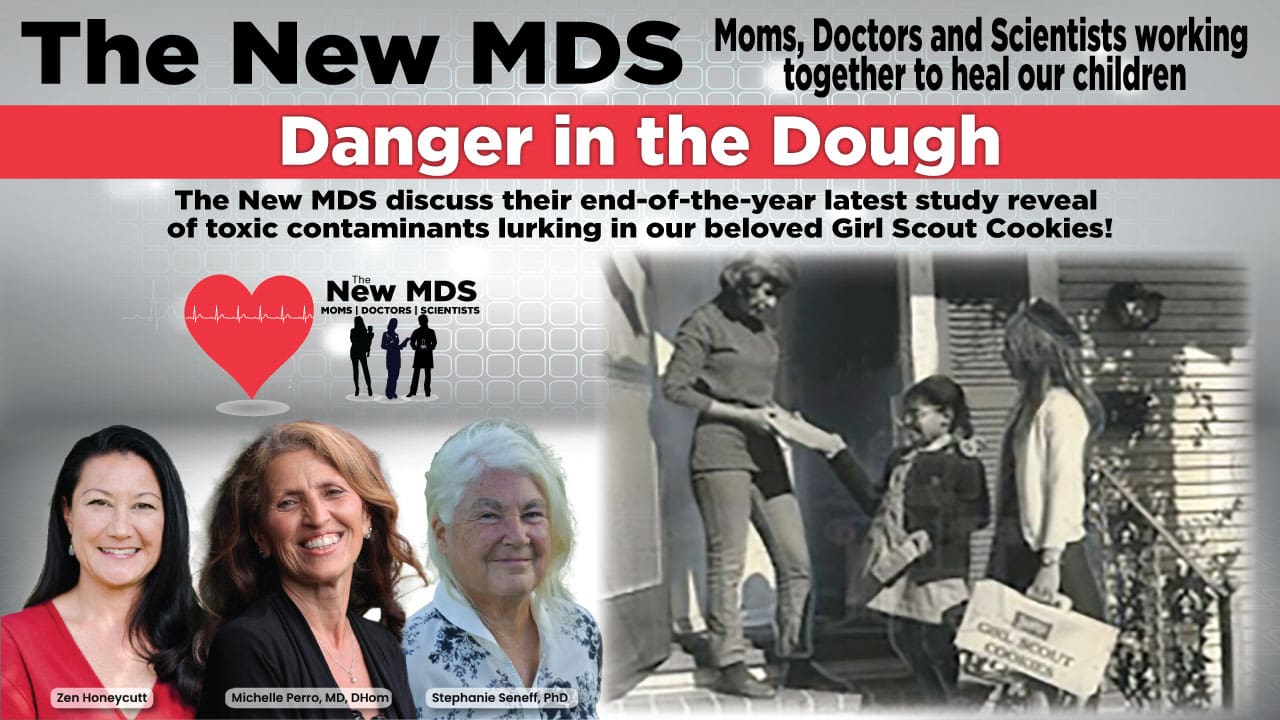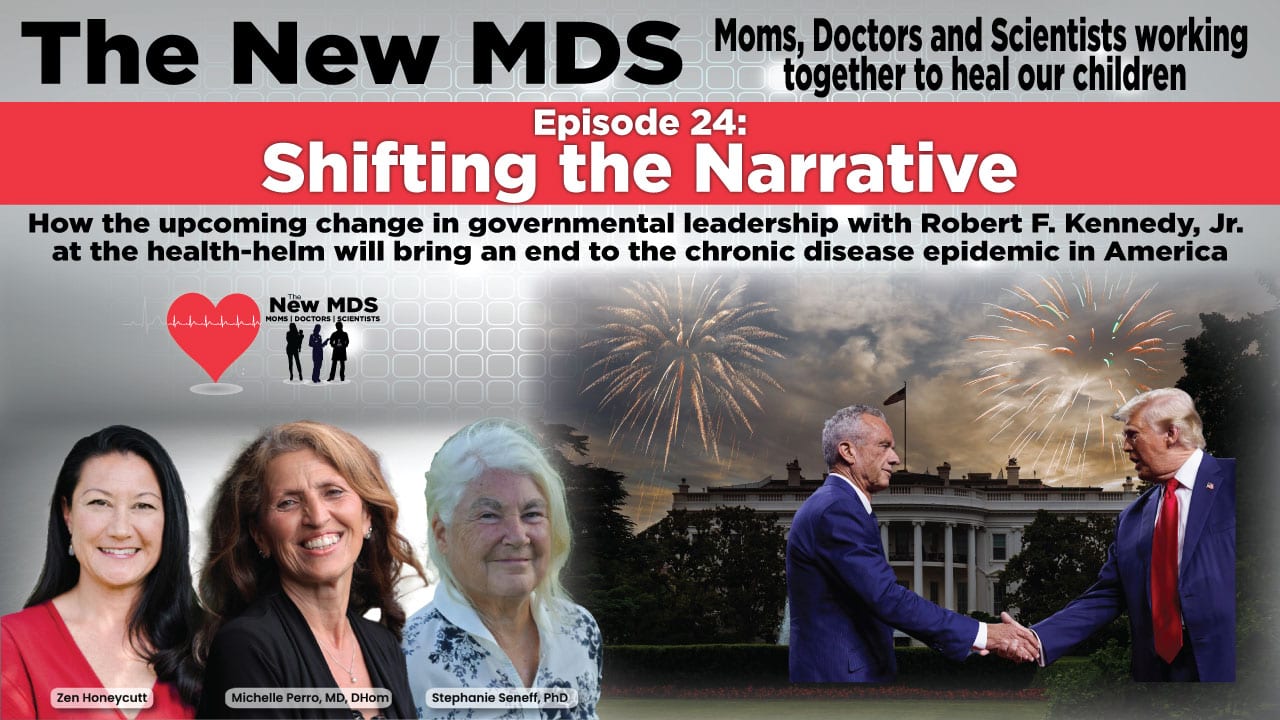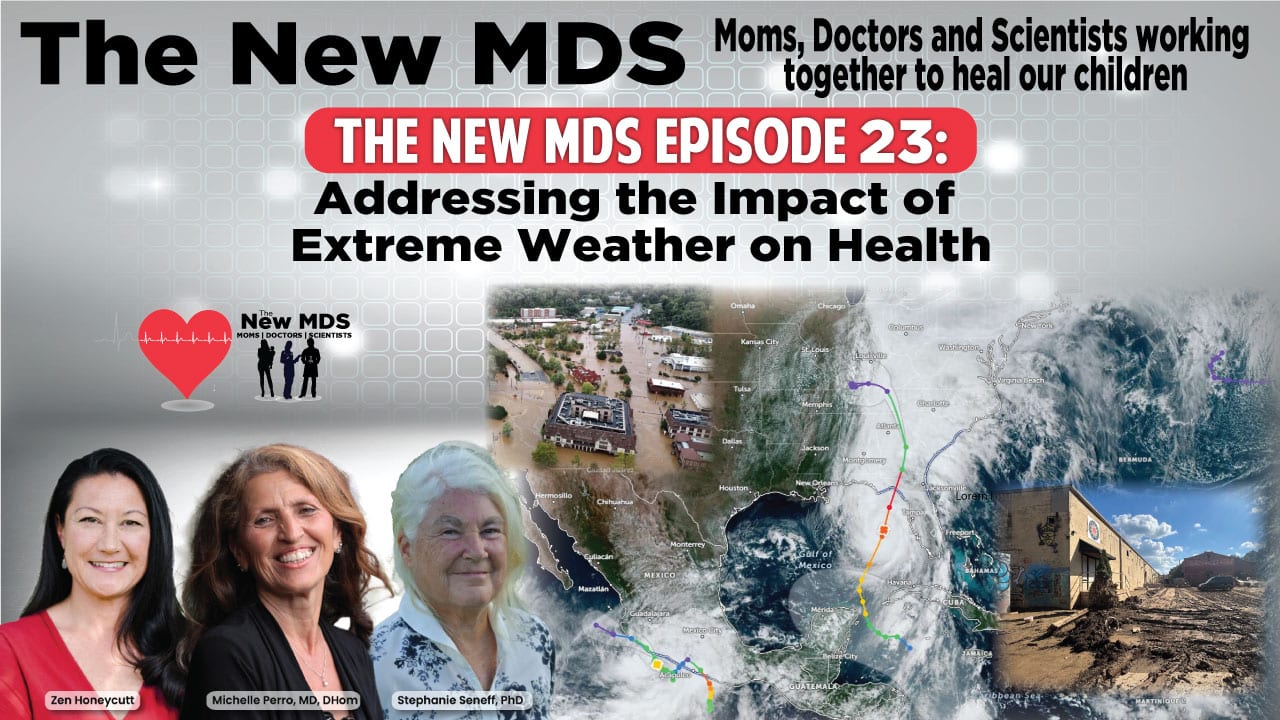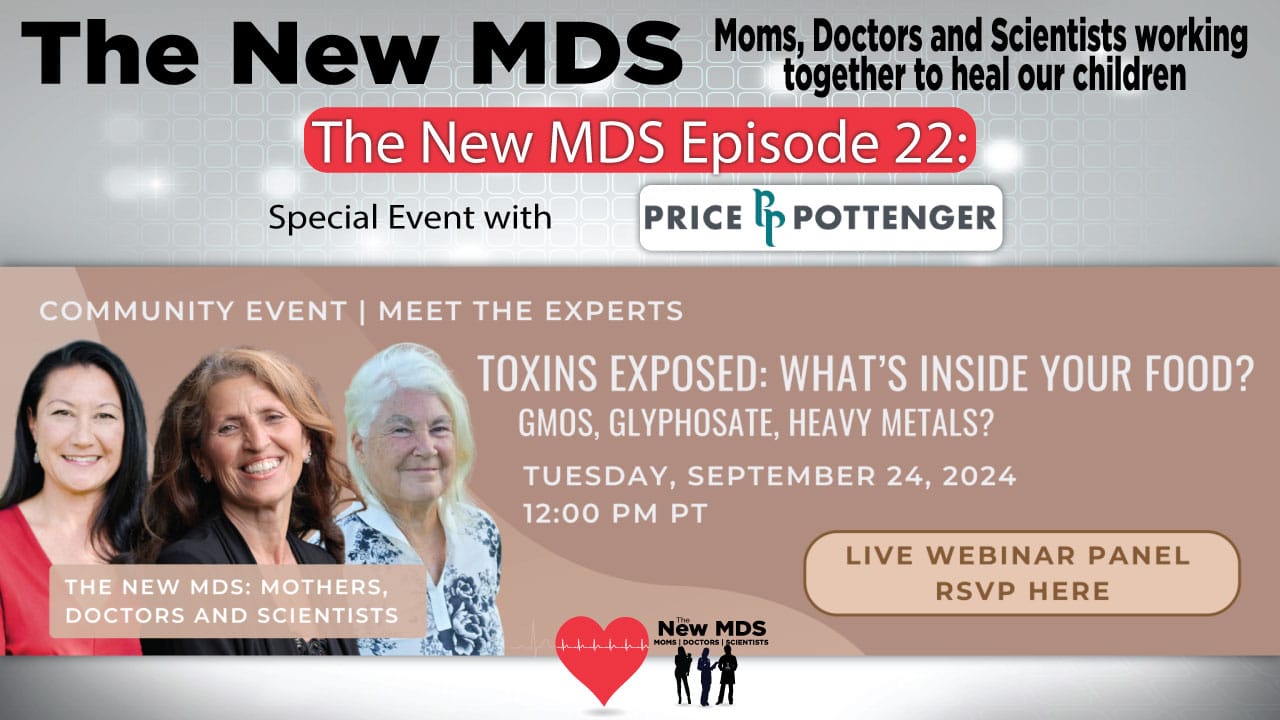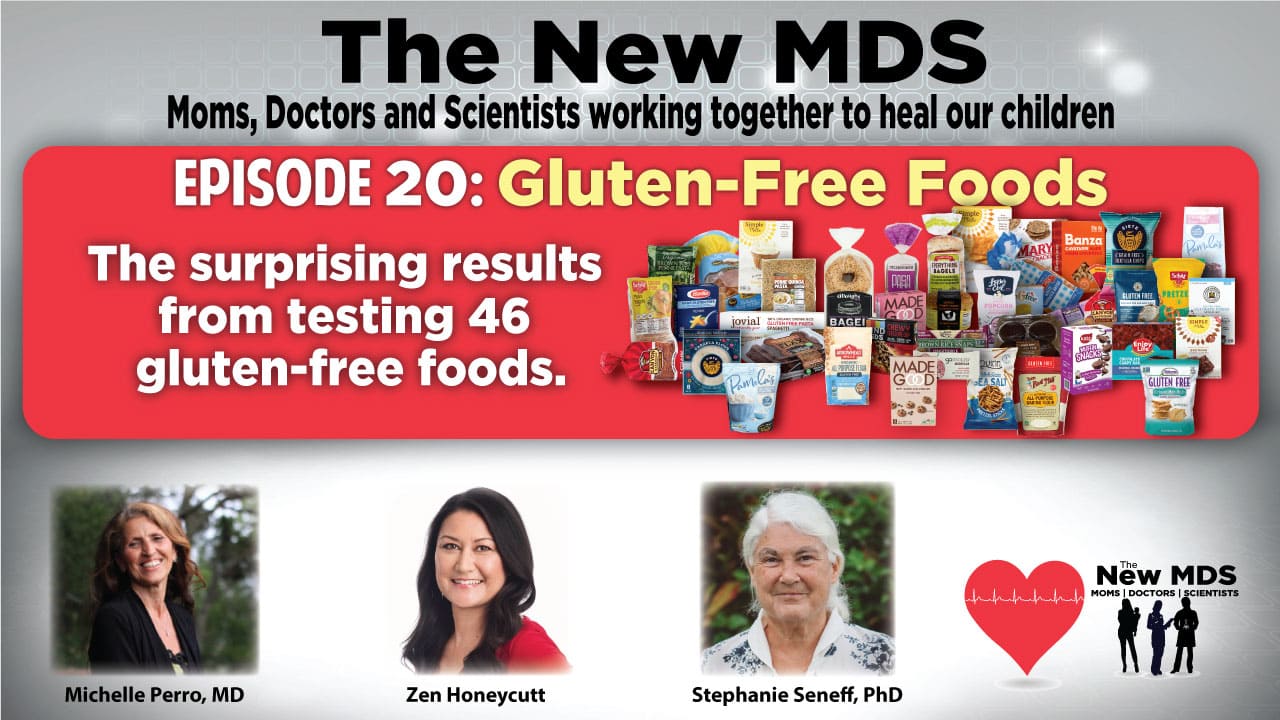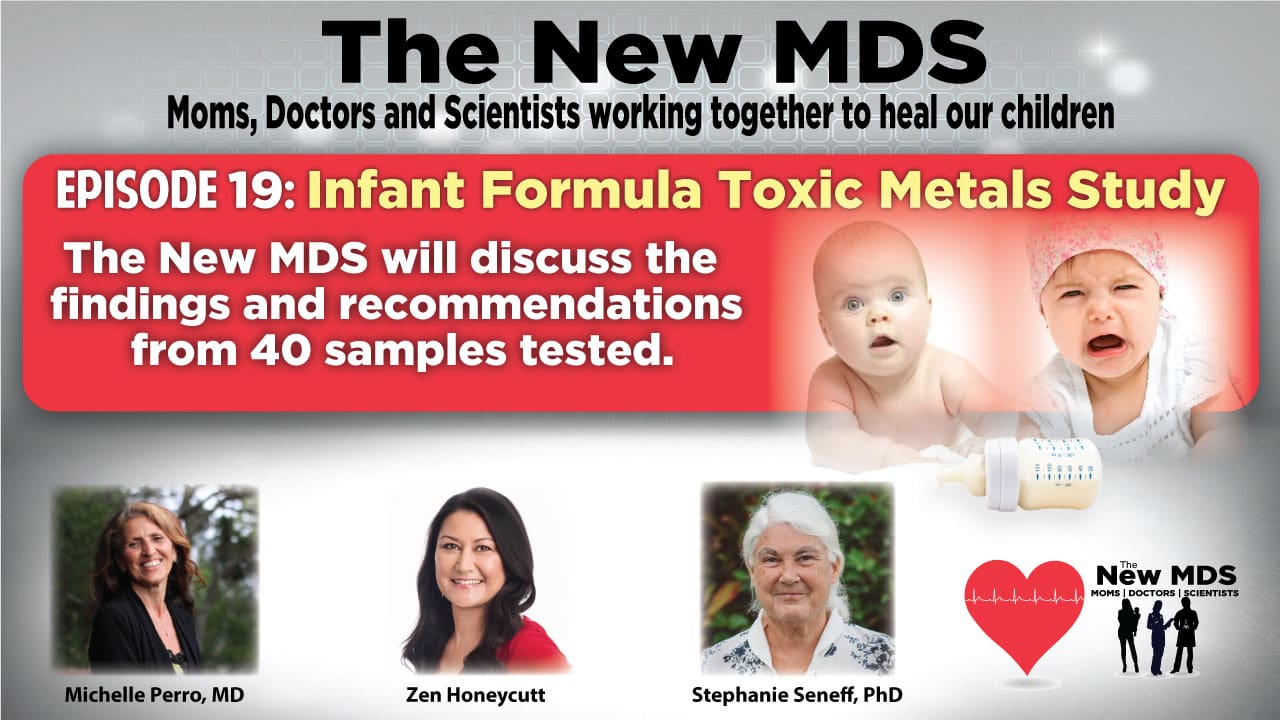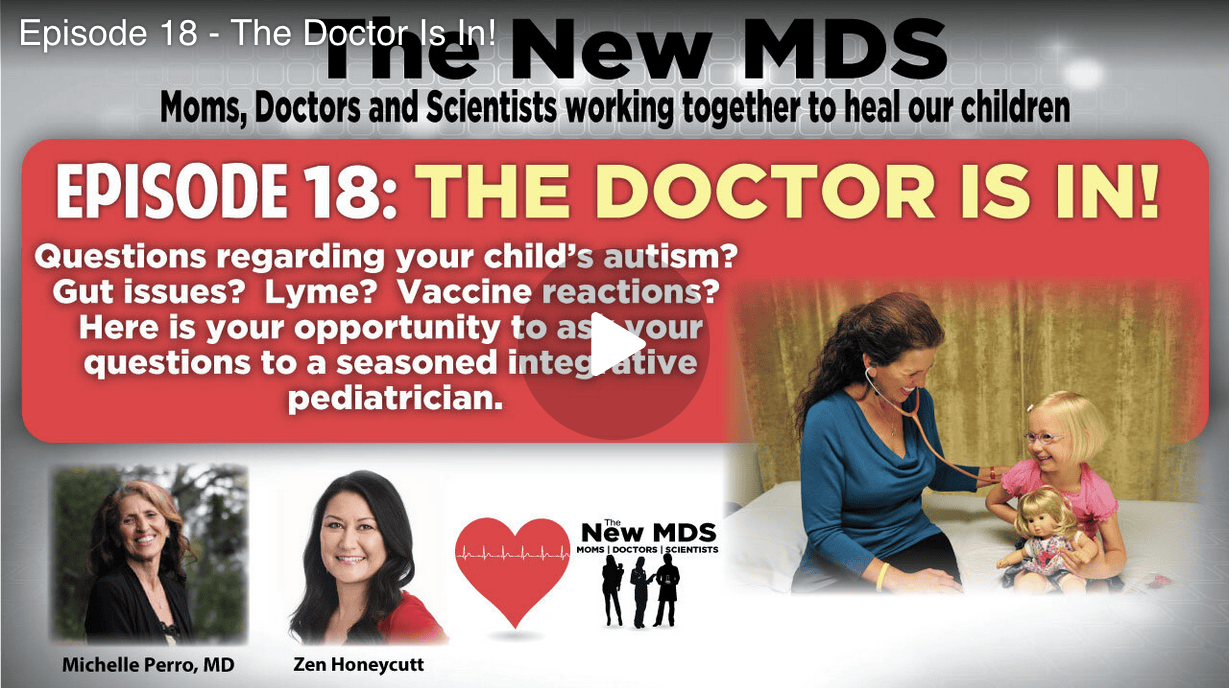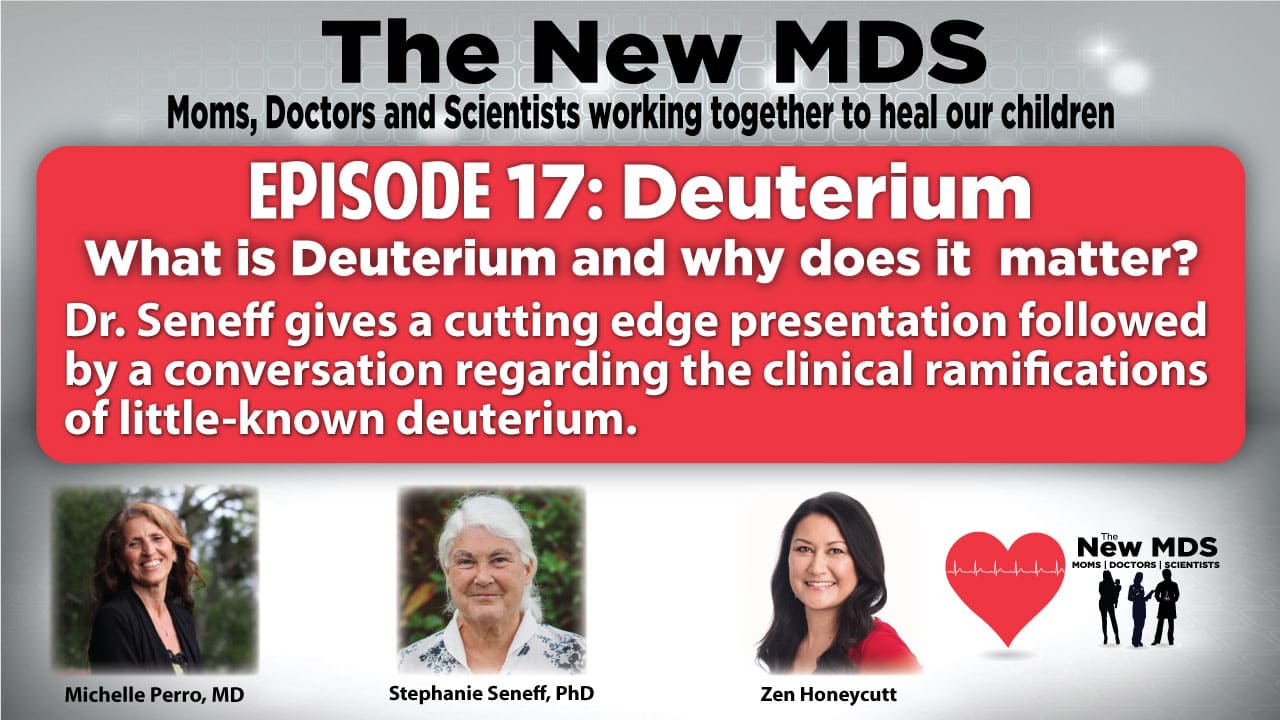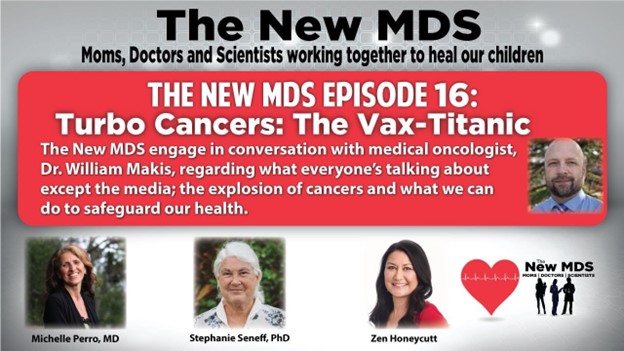The Hidden Danger in Your Food with Dr. Michelle Perro
With chronic disorders among American children reaching epidemic levels, parents are desperately seeking solutions to their children’s declining health. Author of “What Makes Our Children Sick?” Dr. Michelle Perro joins Island Life Live to discuss the health issues associated with glyphosates being sprayed on GMO (genetically modified) crops.
Subscribe to my Substack!
Recent Posts
Bioengineering Without Boundaries: Why Lyme Disease Belongs in the GMO Debacle
Lyme disease is not simply an infection. It is a lens into the consequences of manipulating biology without accountability. As we confront the...
A Global Children’s Health Bill of Rights
NOTE: Updated August, 2025. This proposal was first written in November 2021, in response to the myopic and restrictive Covid narrative that was...
Same Old Song and Dance: Congress Plays Cover for Pesticides Again
IN MEMORIUM This article is dedicated to the loving memory of Ben Honeycutt, whose life and legacy continue to inspire truth and healing. Why is a...
Why GMO Science?
Welcome to GMOScience
GMOScience.org is an educational hub for articles, parent advice, videos, and podcasts, focusing on the impacts of genetically modified organisms with a lens on health and the environment.
We provide analyses based on unbiased scientific inquiry, providing solutions-based guidance regarding organic regenerative food for our well-being.
Our goals are:
- To reclaim real science for the benefit of humanity.
- Create solutions for chronic diseases in children and adults.
- Learn the risks of GMOs and the rapidly changing technology and what to do about it.
- Assess and discuss how to live in a world where genetic engineering is unavoidable.
What is a GMO?
GMO stands for “genetically modified organism.” The technology used to genetically modify an organism is referred to as genetic engineering, and an organism that has been modified in this way is called genetically engineered (GE).
The genetic engineering process typically entails isolating DNA (genetic material) from one organism (an animal, plant, virus, or bacteria), inserting it into the DNA of another organism, and ensuring that the traits associated with the inserted genes are expressed in the modified organism.
Crops that have been modified to express new traits via genetic engineering are also called “transgenic.” So far, GE crop plants have been the source of virtually all GMOs for sale as food or food ingredients in US grocery stores. However, a GE animal, the AquaAdvantage salmon, was recently approved by the US Food and Drug Administration (FDA). Consumer interest is at an all-time low.
Are GMOs different from conventional crossbreeding?
Important differences distinguish genetic engineering from conventional breeding. In conventional crop crossbreeding, also called hybridization, two different strains of the same, or closely related, plant species cross-pollinate, thereby sharing their DNA, and this produces offspring that contain genes from each parent.
The mature seeds from the crossed plants are, in turn, planted and grown out. Plant breeders then select the offspring displaying the most desirable combination of traits. Genes from other organisms that are not sexually compatible with the crop, such as animals or bacteria, are not involved.
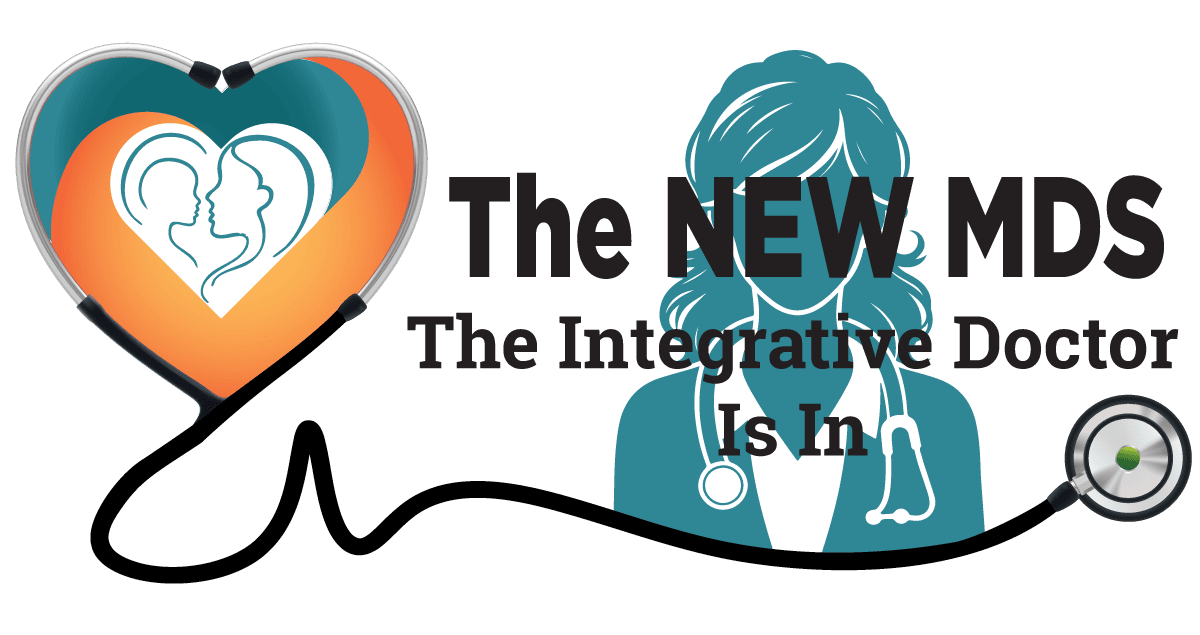
The New MDS
The recognition that families need guidance from trustworthy, yet authoritative sources, birthed our podcast The New MDS: Mothers, Doctors, and Scientists, featuring GMOScience Advisory Board Members, Zen Honeycutt, GMOScience co-founder and CEO, Michelle Perro, MD, and Dr. Stephanie Seneff respectively, creating a monthly podcast with featured guests on germane topics for parents.
As of 2011, 43% of US children (32 million) had chronic health conditions, increasing to 54.1% when overweight, obesity, or being at risk for developmental delays was included. This data is 13 years old and newer studies indicate that these numbers continue to escalate to shocking levels.
This team of health and science super sleuths investigate common toxic exposures, widespread health disorders, and the medical literature until they’ve identified central factors in what’s making our children sick.

